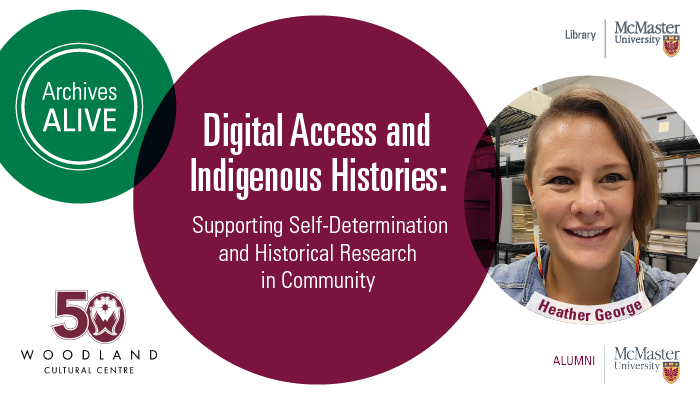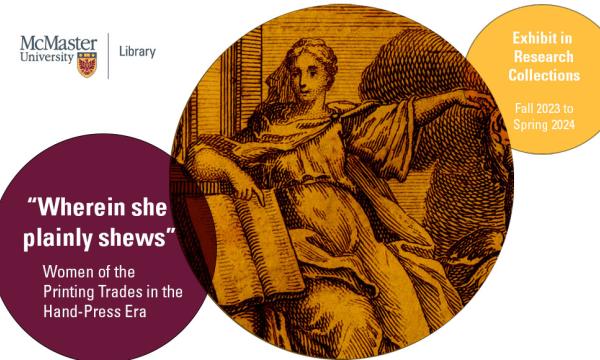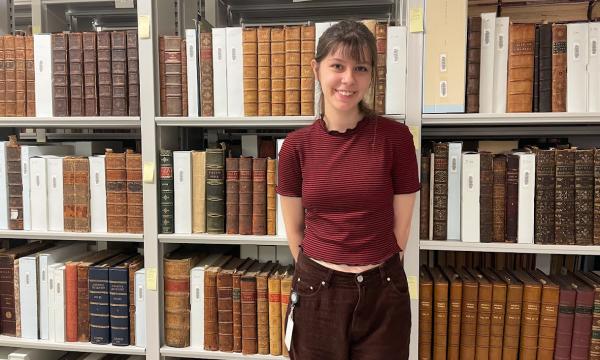
It was 1924 when an Elected Band Council was established for the first time in Six Nations of the Grand River.
The inception, performed under the authority of the Indian Act and with the support from a small—but vocal—number of community members, marked a dramatic change in governance for the community.
The latest event in the Archives Alive series will feature a virtual talk highlighting the century-old papers of Andrew Gordon (A.G.) Chisholm, a lawyer who served Six Nations during this time, to discuss the importance of digital access to archival records when studying and conveying Indigenous histories.
Digital Access and Indigenous Histories: Supporting Self-Determination and Historical Research in Community is set for Jan. 17, 2023, from noon to 1 p.m. ET.
“A.G. Chisholm was an important figure within the community during the almost 40 years he served as a lawyer for Six Nations,” said Heather George, guest curator at Woodland Cultural Centre and co-presenter at the Archives Alive event. “A large portion of his work was dedicated to seeking reparations for loss of land and loss of trust fund dollars that Six Nations was experiencing.”
Housed at the William Ready Division of Archives and Research Collections at McMaster University Library, the Chisholm archive has a key role in the curation of George’s upcoming exhibition at the Woodland Cultural Centre.
Set for October 2024, the Centre’s exhibition will explore the events in the community that led to the formation of an Elected Band Council and leverage the perspectives of youth to better understand the ongoing debates about who represents the community and what governance should look like moving forward.
George, a PhD candidate of Euro-Canadian and Kanien'kehá:ka descent, will discuss in her presentation the importance of digital access to archival records for the 1924 exhibition, highlighting key finds from the Chisholm archive and connecting them to other archival collections globally.
“When we’re trying to understand the history of our communities, in addition to the oral history that we have, a lot of this information is in archival collections that can be really difficult to access, whether it be due to cost or insufficient digitization of material,” said George.
“Being able to access these archival records and put them within our own understanding about the past gives us a broader lens about historical narratives that have often been written by people that weren’t from our community.”
Gillian Dunks, archives arrangement and description librarian, is joining George as a co-presenter for the January lecture. She will speak about McMaster library’s work towards digitizing archival material and improving access for researchers, historians, and the public.
“Archives and research collections recognizes the importance of some of the collections we care for to Indigenous communities and we are committed to doing everything we can to reduce barriers to access,” said Dunks. “Providing digital copies of these records is an important part of this process.”
All are welcome to attend the virtual Archives Alive presentation. Admission is free.
Register for the Jan. 17 Archives Alive event
Archives Alive showcases the unique holdings of McMaster University Library’s William Ready Division of Archives and Research Collections. A wealth of resources exist which will delight and inform, from rare books created before 1800 to contemporary writers’ archives. Recognizing that archives can feel intimidating, these talks allow staff and researchers to share their knowledge with the community and introduce collection items housed within the library. Archives Alive is presented by McMaster University Library and McMaster Alumni.


